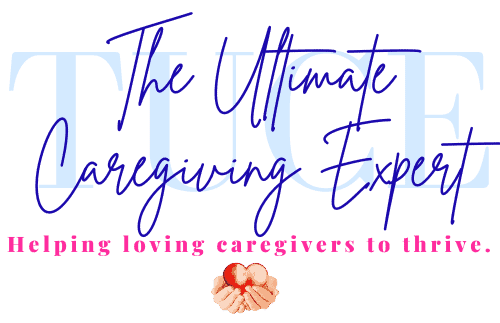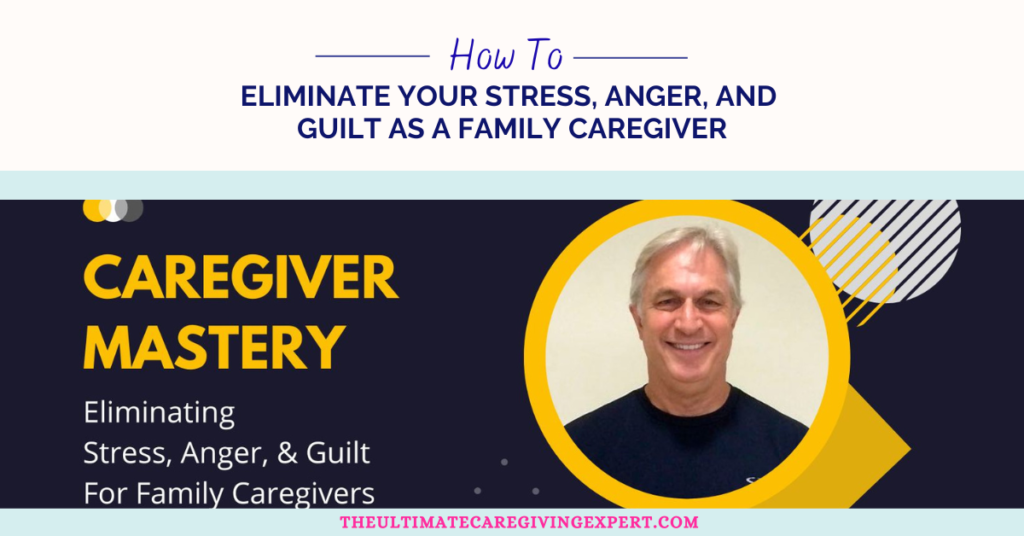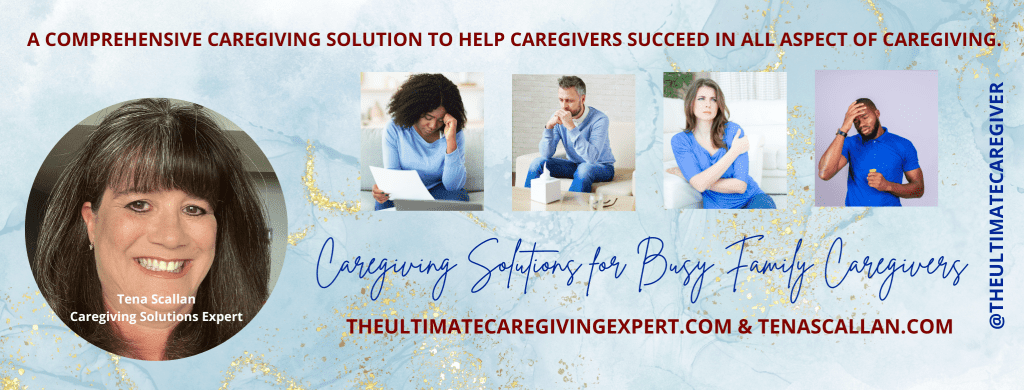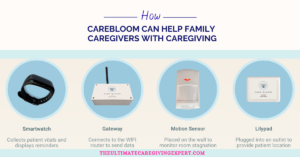Your life is at risk, though you may not know it
According to the Journal of the American Medical Association, family caregivers have a 63% higher risk of dying than their peers who aren’t family caregivers.
Why?
The Burden of Care – a significant medical phenomenon with profound consequences. It’s the reaction to the physical, psychological, financial, and emotional stressors associated with the caregiving experience:
• Sleep deprivation
• Poor eating habits
• Failure to exercise
• Failure to rest when ill
• Postponement of or failure to make medical appointments for yourself
Caregiving as an Emotional Roller Coaster
Being a family caregiver is an act of profound love, compassion, and selflessness. It’s a role that demands your time, energy, and emotional strength. Yet, all too often, family caregivers neglect their own well-being, sacrificing their health and happiness in the process.
My Personal Struggle
This is something I struggled with for a long time. The weight of this self-imposed burden can become suffocating, eroding your vitality and diminishing the quality of care you provide. But imagine a different reality, one where you reclaim your inner peace, find harmony amidst chaos, and nurture your own well-being without guilt or hesitation.
Reclaiming Your Peace
Picture a future, your Heaven Island, where you can be the caregiver your loved one deserves while prioritizing your physical, mental, and emotional health.
Who Am I?
As a fellow caregiver, I understand your journey intimately. My wife, Sonia, was diagnosed with Alzheimer’s Disease in January 2020 at the age of 65. The following year she developed Capgras Syndrome, an irrational belief that the person whose face she recognizes (me) is actually an imposter. This caused significant tension and hurt, even though I knew it was the disease talking.
Navigating the Challenges
In the face of my wife’s diagnosis, I found myself in a world of overwhelming emotions and challenges. Once immersed in a beautiful marriage that spanned over 30 years, I now had to deal with a new reality where my wife’s behavior had become difficult and irrational. Initially, I had no clue how to navigate this.
A sense of loss washed over me as I witnessed the erosion of the connection we once shared, the three children we share, the six granddaughters we share. The woman I loved deeply, whose company brought me joy and comfort, now struggled to recognize me or engage in meaningful conversation. The familiarity we cherished, built over decades of shared memories, had slipped away like grains of sand through my fingers. I was heartbroken.
Overcoming the Burden
Frustration and helplessness arose as I encountered the challenges of communicating with my wife whose mind was clouded by the progression of Alzheimer’s. The once seamless routines and patterns that enriched our lives together now give way to uncertainty and unpredictability. As a fellow caregiver, I’m sure you can relate to these feelings.
The Journey to Finding Peace
Knowing about the Burden of Care, I was determined not to let this disease take me down as well. I researched online, hoping to find helpful information, but found only basic advice like taking breaks, meditating, exercising, and finding 15 minutes of relaxation. While this information is helpful, it didn’t address the core issues of my feelings and emotions.
That’s when I realized I had to do this myself. Mine was the only brain that could change. And I did it. I let go of all of it and found peace, acceptance, and a better quality of life for both of us. And you can too, even if you think you’re stuck with no way out. And you can do it in a matter of weeks, not months.
The Power of Mindset
It’s all about changing your mindset, your powerful mindset. It isn’t about ignoring or dismissing your difficult emotions. I’m not talking about stuffing your feelings. I’m talking about changing them because you’re looking at things differently. It’s about initiating a profound shift in how you perceive and respond to your role as a caregiver. Remember, it’s okay to have bad days. It’s okay to feel these challenging emotions. What matters is that we don’t dwell in them and we continually try to move towards understanding, acceptance, and compassion.
Principles to Eliminate Stress, Anger, and Guilt
1st Principle: Thoughts Create Feelings Which Create Behavior
It’s never the circumstances of a situation that creates your feelings. It’s what you choose to think about those circumstances. It’s never your loved one’s behavior that makes you feel stressed, angry, resentful, or guilty. It is how you choose to think about your loved one’s behavior.
2nd Principle: You Do Not Have to Believe Your Thoughts
They are thoughts, not absolute truth. You’ll learn to recognize the tricks your mind plays on itself. An example: two paraplegics, both in wheelchairs, both the same age, both as a result of an auto accident. Why is it that one bemoans his fate while the other is out playing wheelchair basketball and enjoying himself or herself? enjoys life? It’s all about attitude and mindset.
Final Thoughts
I’m not suggesting that after you finish this course, everything will be perfect. You’ll still have moments of sadness, after all, this is your loved one. But what you won’t have is stress, anger, resentment, or guilt that doesn’t benefit either of you.
Conclusion
Thoughts create feelings which create behavior. You do not have to believe your thoughts. They are thoughts, not absolute truth. My experience with Sonia was the impetus for a course I created, Caregiver Mastery, to help other family caregivers move to their “Heaven Island.”
Contact Information
Rick Henkin
rick@forfamilycaregivers.com
For Family Caregivers
Facebook Group for Family Caregivers





